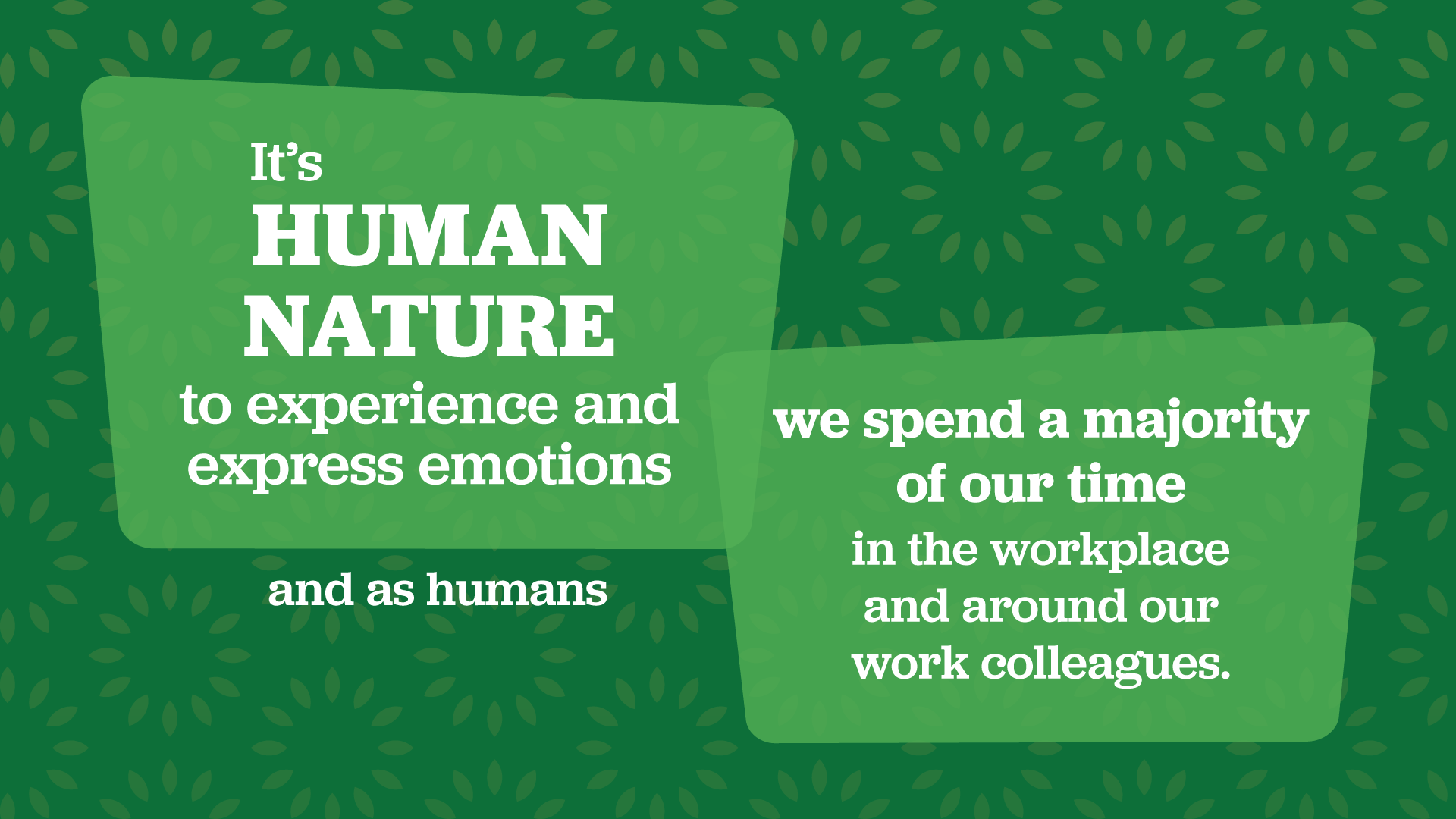Emotional Intelligence is the capacity to be aware of, control, and express one’s emotions, understand the emotions of others, and manage relationships successfully. While this may sound new or scary, this is a concept and skill set we all work through every single day.
In the cannabis industry, where the work environment can be fast-paced and stressful, emotional intelligence is even more essential for maintaining a positive and productive team culture.
In this series of articles, we will break down the 4 key components of Emotional Intelligence:
- Self Awareness
- Self Management
- Social Awareness
- Relationship Management
We will also look at the ins and outs of building emotionally intelligent teams – including real-life team building exercises and practical tips for implementing them in your cannabis business.
Lastly, we’ll delve into the importance of open feedback in nurturing an emotionally intelligent team culture.
Example:
To understand what Emotional Intelligence means, let’s take a look at how the components play out in real life. Imagine you’re working at a dispensary on a busy weekend, and a customer enters, visibly upset.
Guest: The last batch of gummies I bought were terrible! They didn’t work at all and they tasted terrible!

How do you feel in this situation – anxious, frustrated, defensive?
Acknowledging your emotions in a given situation is Self Awareness.
Despite how we feel in an emotionally charged situation like this, how we choose to react is Self Management. (We’ll explore specific tactics for constructive ways to deal with emotionally charged situations later in this series.)
Example:
Now consider this employee interaction…

Budtender: (arms crossed, frustrated tone) I’m tired of being the only one straightening up around here. Everyone else just stands around socializing while I’m doing all the work..
Manager: (dismissively) It’s just part of the job.
Budtender: (becoming more frustrated) sure… but why is it always MY responsibility??
Manager: (getting defensive) It’s not always you. You just happen to be the person that does it best.
Budtender: (visibly angry) Well, that’s not fair. I feel like it’s because you and the others are friends, and if I don’t do it, no one else will because you’re all hanging around socializing. I feel like it would be more fair if we rotate who is responsible.
Manager: (rolling eyes, condescending tone) Listen, I don’t want to talk about this now. Just go back to work, and we will talk about it later.
Budtender: (clearly unhappy and frustrated, walks away) fine….
To understand how employees are feeling, it’s important that we make a point of noticing both the specific language they are using AND the non-verbal cues such as body language and their overall physical demeanor.
It’s human nature to experience and express emotions. As we spend a majority of our time in the workplace with other people, it’s inevitable that emotions will come into play. Effectively managing emotions and building a positive work culture in the workplace are key to any business’ success.

A positive work culture thrives on appreciation, active listening, attentiveness, and a selfless commitment to serving others. This type of company culture increases employee engagement, customer satisfaction, and profitability.
Emotionally intelligent leaders understand their team members’ feelings and perspectives. They create an environment where everyone feels heard and valued. This fosters empathy, trust, and a shared vision, which are all crucial components of high-performing teams. When your teams feel like “we’re all in this together” they are more likely to innovate, and achieve company goals.
Research consistently shows that emotionally intelligent organizations outperform those that lack this essential quality. Leaders can set the tone by modeling openness and encouraging emotional awareness within their teams. This not only benefits team dynamics but also positively impacts the overall customer experience.
Benefits of Emotional Intelligence
The Impact of Emotional Intelligence
Don’t just take our word for it. The research agrees!
Author and speaker Daniel Goleman, widely renowned expert in Emotional Intelligence, cites a couple of key studies in his book OPTIMAL that highlight the impact of emotional intelligence within organizations.
- A Meta Analysis conducted by a multi-University group, which pooled results from 12 studies across 2,764 participants, showed that:
- Higher employee performance is directly linked to leaders with higher Emotional Intelligence.
- Emotional Intelligence accounted for 25% of the performance advantage.
- A study of 2,600 employees from Dell, Microsoft, and IBM revealed that employees who work for an emotionally intelligent leader are more engaged and less likely to look elsewhere for a job. Employees cited the reasons for their loyalty as trust, better communication, and a sense of belonging.
A survey by Deloitte notes that, the number one leadership quality Gen Z looks for in a manager is patience and the second is empathy. It’s important to note that Gen Z is currently 27% of the workforce and growing every year. Given this, we realize the need to ensure our organizational leaders are developing the skills newer generations in the workforce are seeking in employment.
The source material for this article comes from our 2-Day Master Class on Team Building. If you’re interested in bringing this dynamic training to your organization (virtually or in person), let’s talk!
